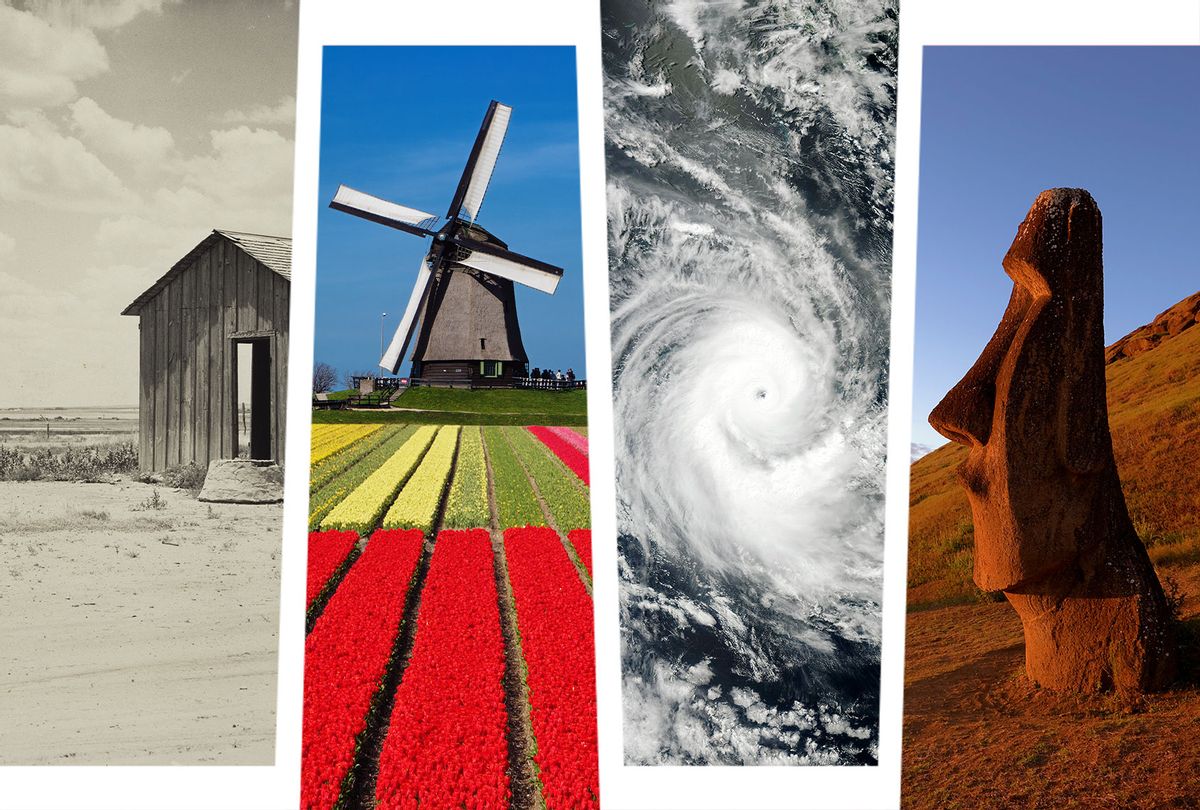Aspirin: Why do scientists keep changing their minds? How science is like detective work. How conspiracy theorists exploit the provisional nature of science. Can history be overturned, or just refined? And KSR, aliens, the new telescope, and existential crises.

NYT, Tara Parker-Pope, 22 Oct 21: Is the New Aspirin Advice a Medical Flip-Flop, or Just Science?, subtitled, “Medical reversals about menopause hormones, knee surgery and vitamins over the years have left patients confused. But doctors say these pivots often are good medicine.”
This piece appeared in print in today’s paper, with the better title, “Shifting Medical Advice Is a Feature, Not a Bug,” with the subtitle “After the update on aspirin, patients are confused. But such pivots are good medicine.”
When it comes to preventive health, few tenets are as entrenched as daily aspirin. For more than 30 years, many people have relied on the pain reliever for added protection against a first heart attack or stroke.
So it came as a shock to many this month when an influential expert panel, the U.S. Preventive Services Task Force, seemed to reverse decades of medical practice, announcing that daily low-dose aspirin should no longer be automatically recommended in middle age to prevent heart attack.
At a time when many people already feel whipsawed by shifting pandemic advice (on masks, viral transmission and booster shots), the new aspirin recommendations left some shaking their heads.
“Wait long enough, and smoking and heavy cream will be good for you,” Richard Koss, an economist in New York, wrote in a comment after reading about the new guidelines. “The vast majority of people are fed up with this sort of thing and, rightly, pay it no attention.”
But experts say it should be reassuring to patients to know that even the most trusted medical guidelines are being reviewed and updated as scientific understanding evolves.
“It seems like it happens overnight, but this is how science works,” Dr. Sophie M. Balzora, a gastroenterologist at N.Y.U. Langone Health, said. “If we had the same guidelines all the time, then the question would be: Are we really advancing science? Are we really learning more?”
The vast majority of people who are fed up with this sort of thing are mistaken about how science works. (Simplex vs. complex.) Science is not, as religion is, a set of pronouncements about reality that may never be challenged and that are not subject to further investigation and revision.
Science is more like detective work. At the beginning of an Agatha Christie novel, after the murder is discovered, an obvious villain appears at once. The other suspects — including the actual murderer — are anxious to move on and be done with the affair. But the canny detective keeps investigating, and invariably (in a detective story pitched for maximum drama) discovers the true villain. Often with a final scene in which everyone involved gathers in a room and the detective explains each piece of evidence and how all of them add up.
The detective is not accused of flip-flopping, his conclusions are not dismissed because they weren’t perfect at the very beginning.
In medicine, especially, where biological systems are incredibly complex, some detection and analysis of evidence can take decades. If the long-term effects of, for example, taking an aspirin a day, aren’t clear until 30 years have gone by, then even after 30 years the advice doctors give should be revised. That’s how science works, to continually adjust itself to the way the world works.
Science is a set of provisional conclusions about everything, the entire world, where the objective is to model that world as accurately and predictably as possible. New evidence is always sought for; every young scientist knows the way to a career or a Nobel Prize is to discovery something new, or overturn some earlier provisional conclusion. Science is not a conspiracy to hide the “truth” from ordinary people.
\
Yet those who dislike scientific conclusions — whether about vaccines or evolution — constantly seek to undermine scientific conclusions by painting scientists as unreliable, even malicious.
From today’s Morning Heresy blog:
In Nature, communications uber-expert Kathleen Hall Jamieson describes how “conspiracy theorists have exploited the provisional nature of scientific consensus and the realities of how science is conducted to paint scientists and public health leaders as malign actors.”
\\
Another indirect example. A new book by David Graeber, The Dawn of Everything, is getting a lot of pre-publication press about how it challenges the “conventional narratives” of human history such as those described by Jared Diamond, Yuval Noah Harari, Steven Pinker, and others.
NYT, 31 Oct 21: What if Everything You Learned About Human History Is Wrong?, subtitled, “In ‘The Dawn of Everything,’ the anthropologist David Graeber and the archaeologist David Wengrow aim to rewrite the story of our shared past — and future.”
The Atlantic, 18 Oct 21: Human History Gets a Rewrite, subtitled, “A brilliant new account upends bedrock assumptions about 30,000 years of change.”
I’ve read a couple of these articles and I can’t quite tell how the book is overturning “conventional narratives.” Recomplicating them — sure. Obviously not everything, in humanity’s progress from tribes to agriculture to nation-states, occurred at the same pace throughout the world. –But I don’t want to speculate about the book before I read it. But a rule-of-thumb applies here: headline writers, even in the best news sources, love hyperbole.
\\
A few more sciency links, without quotes or much discussion.
New Scientist, 27 Oct 21: Kim Stanley Robinson on how to have a good Anthropocene
One of many articles since Robinson published The Ministry for the Future a year ago.
\

Slate, 23 Oct 21: The Aliens Are Here, and They Fixed All the Racism, subtitled, “Why do we keep fantasizing that humanity will unite in the face of one great enemy?”
This discusses TV shows and movies I mostly haven’t seen, but I will note that there’s a counter-narrative, a cliche itself: about how a catastrophe, like a huge earthquake or volcanic eruption, will drive everyone into survival mode (with their guns) in competition with all their neighbors. The society descends into chaos scenario.
About which, in contrast, sociological studies have shown that the opposite happens: people are generally helpful to their neighbors and eager to help everyone survive. But the conflict narrative makes for a better story, perhaps. (Beware how stories inevitably simplify.)
\
A good overview of the potential of the new space telescope:
Vox, Brian Resnick, 29 Sep 21: How telescopes make the universe self-aware, subtitled, “Telescopes are time machines. Someday, they could take us to a time before starlight.”
And also by Brian Resnick: The largest space telescope in history is about to blow our minds, subtitled, “The James Webb Space Telescope will be 100 times as powerful as the Hubble. It will change how we see the universe.”
(I’m not going to address, for now, the issue about this new telescope’s name.)
\
And finally this.

Salon, Matthew Rozsa, 1 Sep 21: How civilizations thwart extinction in the face of existential crises, subtitled, “History contains many stories of societies that foresaw crises and did nothing. Will we be the same?”





